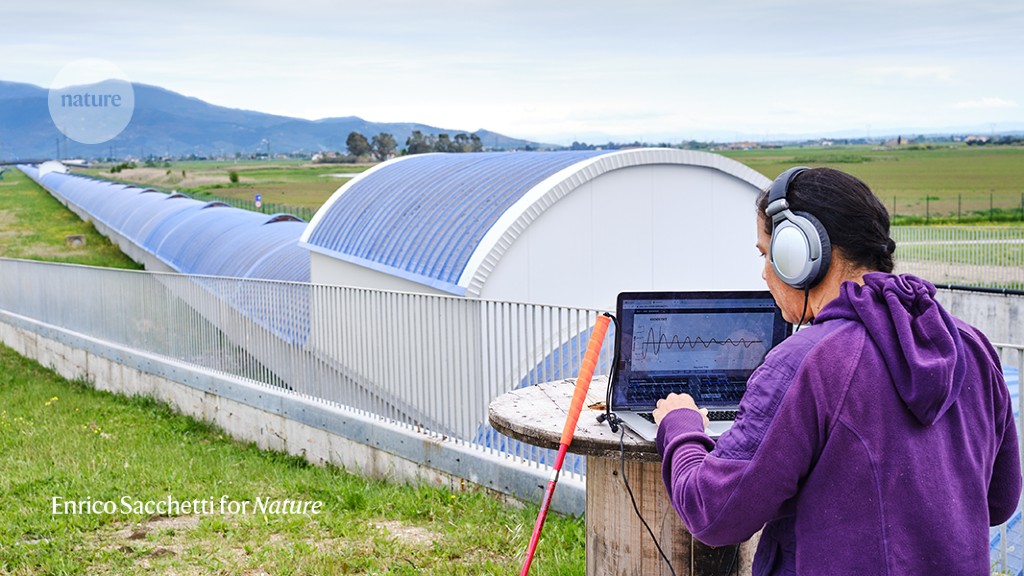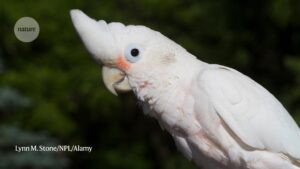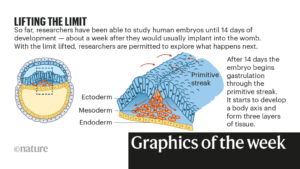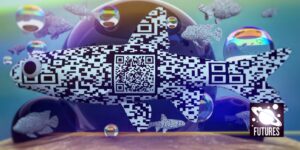Using sound to explore events of the Universe
I’m standing in entrance of Virgo — a gravitational-wave observatory close to Pisa, Italy, the place I work as a pc scientist and astrophysicist — dealing with one of its 3-kilometre-long arms, through which a laser bounces between two mirrors in an inside pipe. The arms sense tiny modifications in space-time (a mannequin that fuses the three dimensions of area and the one dimension of time right into a four-dimensional entity) when gravitational waves arrive from the distant Universe.

I’m standing in entrance of Virgo — a gravitational-wave observatory close to Pisa, Italy, the place I work as a pc scientist and astrophysicist — dealing with one of its 3-kilometre-long arms, through which a laser bounces between two mirrors in an inside pipe. The arms sense tiny modifications in space-time (a mannequin that fuses the three dimensions of area and the one dimension of time right into a four-dimensional entity) when gravitational waves arrive from the distant Universe.
Some events in the Universe, resembling large stars exploding, produce gravitational waves — undulating space-time that propagates in all instructions — and radiation that bizarre telescopes and X-ray telescopes can detect. Those emissions carry details about the origins of the events that produced them or about gravity itself.
I’m from Puerto Rico, and misplaced my sight in my twenties from degenerative diabetic retinopathy. So I take advantage of sound, as I’m doing right here, to explore measurements of gravitational waves. I earned a PhD in pc science at the University of Glasgow, UK, in order that I may develop software program instruments to analyse astronomical knowledge by changing it into sound. By ‘listening’ to the arithmetic, I would like to establish the potential X-ray counterparts to gravitational waves detected by Virgo.
Gravitational-wave knowledge from colliding black holes known as a ‘chirp’: it feels like a hen when it’s transformed into sound.
(adsbygoogle = window.adsbygoogle || []).push({});
Virgo, now closed for upgrades, will reopen after June 2022. Meanwhile, I’m working with colleagues on Research Infrastructures For Citizens in Europe. We’ll develop software program that anybody, regardless of the place they dwell or of any disabilities, can use to make multisensorial knowledge and contribute to analysis.
To get a way of Virgo’s measurement, I’ve walked to the finish of one of its arms and again. I like to sing whereas strolling to deal with my vacation spot. But when the detector restarts, it’s so delicate that it’d choose up my voice. So the folks in the management room generally inform me I can not stroll and sing.



